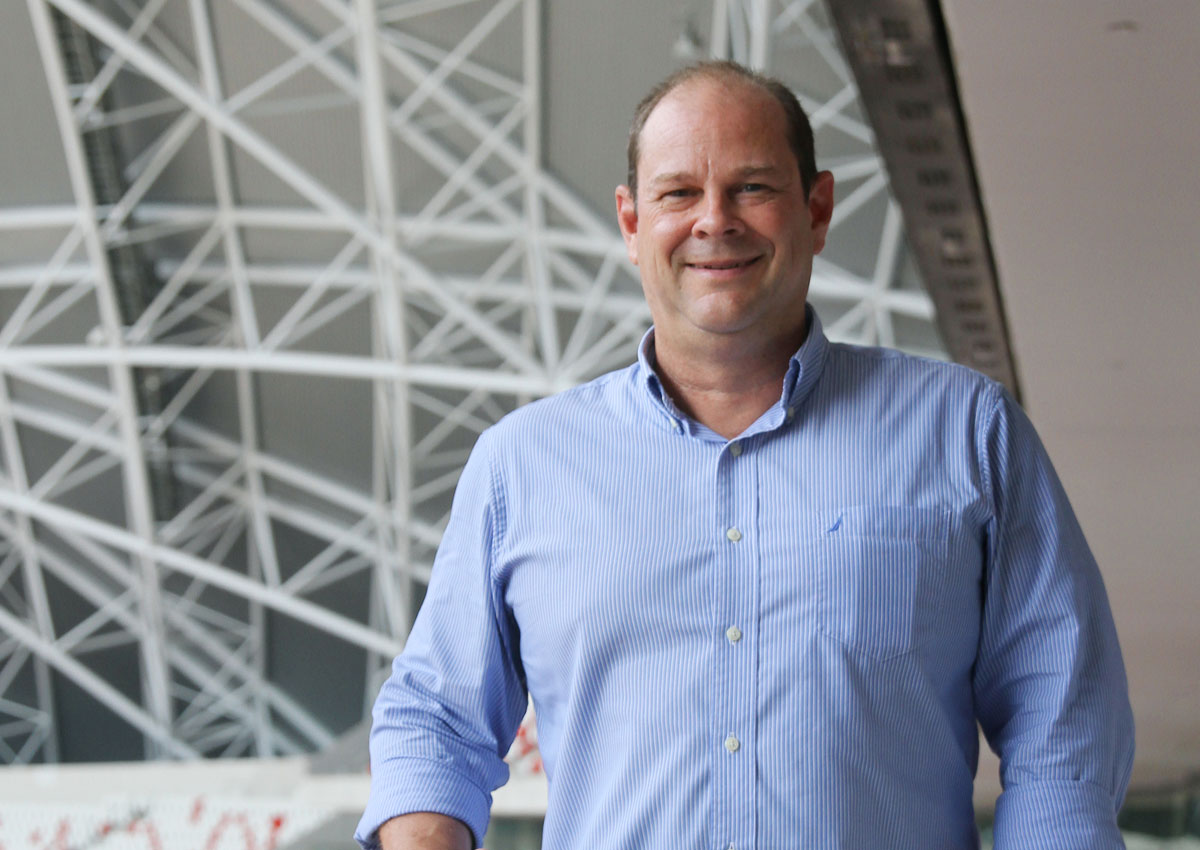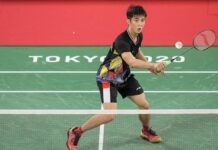Organisers of the proposed ASEAN Super League (ASL) will be hoping that the recent election of Gianni Infantino as Fifa president will hasten approval of the competition as they race to try and achieve lift-off in 2017.
If the ASL does come to life, many in the local football fraternity fear the death of the domestic S.League competition.
But Sanzar (known as the home of rugby in the southern hemisphere) operations manager Brendan Morris believes that the sport’s equivalent of the ASL – Super Rugby – has helped develop the national teams of South Africa, Australia and New Zealand since its inception in 1995.
Sanzar is a joint venture by the rugby unions of Australia, New Zealand and South Africa, and organises two annual competitions – Super Rugby, which involves franchise or provincial club teams; and the annual Rugby Championship, which involves national teams from the three nations, as well as Argentina.
Super Rugby has expanded to 18 teams this season, with new entrants the Sunwolves from Japan and Argentina’s Jaguares.
On Saturday, the Sunwolves will take on South Africa’s Cheetahs here at the National Stadium in their second match of the competition.
“The challenge (for Sunwolves) is to work with their Top League companies, which dominate the rugby national competition, and align themselves to their national imperatives and what is best for rugby in the country,” said Morris, referring to the Sunwolves and their top domestic rugby competition.
“It all comes down to economics – Super Rugby is a global competition, as opposed to domestic competitions… at the moment Super Rugby takes precedence and domestic competitions are seen as development tools that prepare players to step into Super Rugby.
“That then intensifies their (domestic) competitions and make better national teams.”
He pointed out that South Africa, Australia and eventual winners New Zealand all made the semi-finals of last year’s World Cup, while Argentina – a new entrant into the Super Rugby franchise this season – were the other side in the last four.
Morris acknowledged that the Sanzar countries do face friction internally, but reiterated that Super Rugby is good for the sport in those countries.
He said: “Do they (the various national rugby unions) have their own internal challenges? Absolutely, but we don’t get involved in these politics… and we have a very tight window to operate both our competitions.
“The rugby unions know that in order to grow the game domestically, they need their biggest two products – Super Rugby and the Rugby Championship – to be successful so that they bring in the money to channel into the grassroots development programmes.”
While Sanzar pored through commercial considerations like TV rights and tapping into new markets before accepting the two new teams, Morris said Japan’s inclusion will help the Asian giants grow their national team for the 2019 World Cup, which they will host.
Morris said: “We haven’t put any foreign player restrictions on the Sunwolves but, at the same time, their imperative is to create a better group of players for the World Cup in 2019.”

This article was first published on March 10, 2016.
Get The New Paper for more stories.






